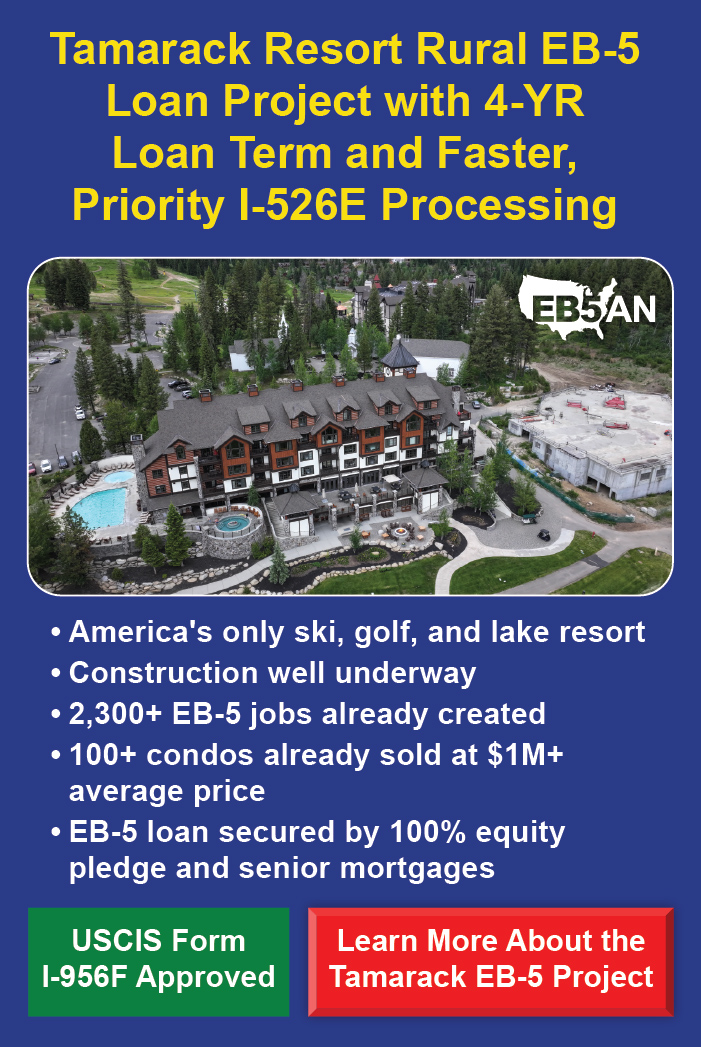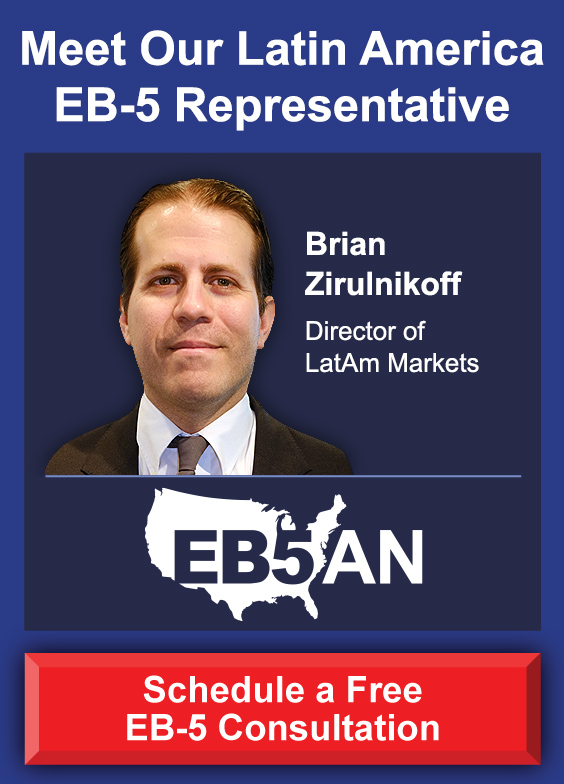For U.S. citizens and permanent residents, the Securities and Exchange Commission (SEC) governs who may receive finder’s fees. Generally, only licensed and registered brokers may accept finder’s fees unless an exemption applies. If an individual is a licensed and registered broker or is working outside the United States where no such license is required, they need to contact individual regional centers about investor referrals. Hiring foreign migration agents has become commonplace in the EB-5 program.
Many EB-5 projects use migration agents to market their projects abroad and refer them to interested foreign nationals. Of course, project developers must carefully vet any migration agents they will work with; it is critical for these agents to comply with relevant laws in the United States and other countries. If a migration agent does not speak English as their primary language or does not understand English well, the project developers will need an interpreter for all communication with the agent. This includes calls, meetings, email, and the like. It may be advisable to meet migration agents in person.
Migration agents often operate outside the United States and are thus subject to foreign laws regarding immigration and securities offerings. Therefore, migration agents must possess the licenses or permits required by the country in which they will work. For example, all migration agents operating in China are required to possess an Exit and Entry Service Agent Business Permit.
It is critical for project developers to provide their migration agents with an approved set of marketing materials; the agents should only be allowed to use the project’s official marketing materials. If a migration agent provides potential investors with inaccurate or misleading information, the project may be held liable and face legal issues. Moreover, migration agents should not be asked to translate marketing materials—this task should be delegated to a qualified translator.











